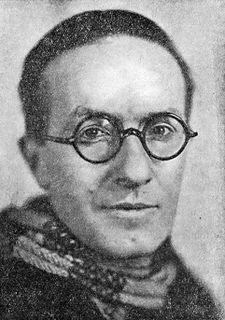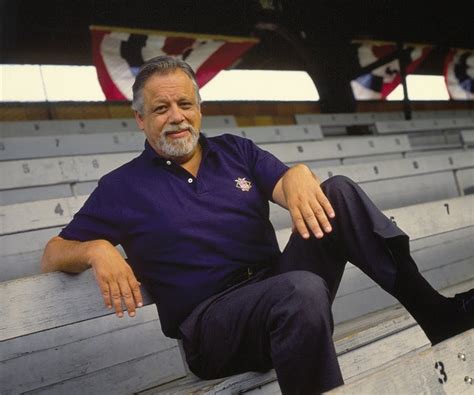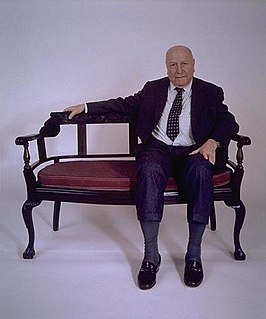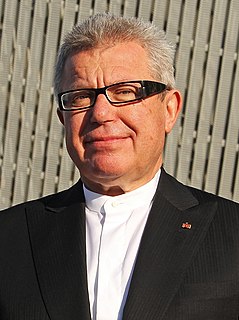A Quote by Emma Goldman
'What I believe' is a process rather than a finality. Finalities are for gods and governments, not for the human intellect.
Related Quotes
The gods have fled, I know. My sense is the gods have always been essentially absent. I do not believe human beings have played games or sports from the beginning merely to summon or to please or to appease the gods. If anthropologists and historians believe that, it is because they believe whatever they have been able to recover about what humankind told the gods humankind was doing. I believe we have played games, and watched games, to imitate the gods, to become godlike in our worship of eachother and, through those moments of transmutation, to know for an instant what the gods know.
You are therefore able to run on this path, on which God is found above all vision, hearing, taste, touch, smell, speech, sense, rationality, and intellect. It is found as none of these, but rather above everything as God of gods and King of all kings. Indeed, the King of the world of the intellect is the King of kings and Lord of lords in the universe.
And what avails it that science has come to treat space and time as simply forms of thought, and the material world as hypothetical, and withal our pretension of property and even of self-hood are fading with the rest, if, at last, even our thoughts are not finalities, but the incessant flowing and ascension reach these also, and each thought which yesterday was a finality, to-day is yielding to a larger generalization?
I believe that the idea of the totality, the finality of the master-plan, is misguided. One should advocate a gradual transformation of public space, a metamorphic process, without relying on a hypothetical time in the future when everything will be perfect. The mistake of planners and architects is to believe that fifty years from now Alexanderplatz will be perfected. -p.197
Now the myths represent the Gods themselves and the goodness of the Gods subject always to the distinction of the speakable and the unspeakable, the revealed and the unrevealed, that which is clear and that which is hidden: since, just as the Gods have made the goods of sense common to all, but those of intellect only to the wise, so the myths state the existence of Gods to all, but who and what they are only to those who can understand.



































